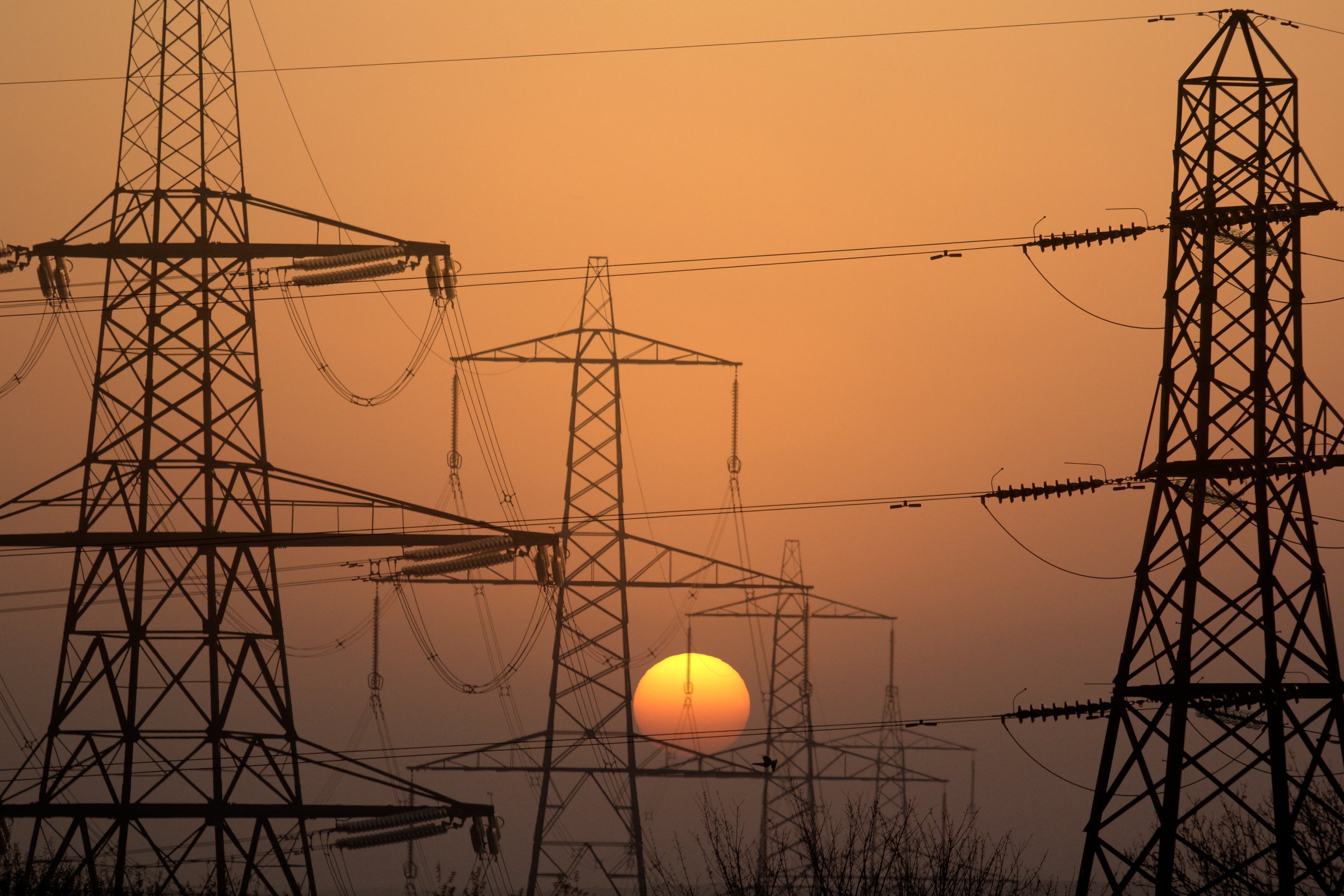
You’ve seen the stories, electricity sales in 2015 dropped 1.1 percent from the previous year. The energy experts explain, sincerely, that the state of the economy, the weather, energy efficiency, children living at home rather than going out into the world, industry moving to Mexico, etc. caused the fall off in sales.
You know the reasons. You have heard them before. But here is our question: why is this still news? Electricity sales have declined in five of the last eight years. From 2008 to 2015, the economy produced one of its longest sustained recoveries. Real GDP rose 12.7 percent but electric retail sales declined 0.3 percent.
Oilprice.com: Why We Could See An Oil Price Shock In 2016
We would argue that the decline of the past few years just represents a continuation of trends that began three to four decades ago. Our economy started to learn how to operate with decreasing amounts of electricity per dollar of output in the 1970s, before industry began to move to China. Per capita growth of electricity sales peaked roughly 15 years ago.
By now, the pundits, if they want to do something useful, might explain why those trends won’t continue, rather than going on about energy conservation and a poor economy. We’ve known about energy conservation for a long time, and the increasingly weak linkage between electric sales and the economy manifested itself decades ago. People just didn’t pay attention. These trends have significant financial and investment implications.
Oilprice.com: Oil Prices Continue To Tumble As Supply Glut Fears Return
First, renewable resources have been supplying an increasing portion of power. Worldwide, renewables make up roughly half of new generating capacity additions, and American numbers are similar. Non-utilities produce much of this renewable output. Thus, when the overall market for electricity is flat or declining, making room for more renewables means taking market share away from existing generators (often owned by the traditional utilities). That is the situation faced by many European utilities.
In the U.S. last year, total electricity generated, including solar power on customers’ roofs rose 6 TWH but generation from renewables rose 30 TWH, so the traditional generators lost business. Coal, incidentally, lost a big share of the market, and the reports that Peabody might file for bankruptcy, after several years of losses, indicates how badly coal has been hit – not so much because of a war against it but due to the weakness of coal’s biggest customer, the electric utility industry.
Second, manufacturers of utility equipment sell to two markets, one to replace retiring equipment and another to meet new demand for electricity. With hardly any new demand, they then have to depend on the replacement market, but companies facing uncertain demand may decide to keep the old equipment going longer.
Oilprice.com: Offshore Lease Sale Disrupted by Protestors Shouting “Shut it Down”
Third, many electricity suppliers have piled up huge debts in order to finance their expansion. Firms that borrow big to bet on growth that does not materialize usually get into trouble. Watch the asset sales made by the European utilities as they try to raise funds to pay off debt and the financial travails of some heavily indebted renewable and conventional independent power generators.
Maybe the electric car will reverse the trend? Maybe LED s will accelerate it? As long as more electricity consumers can provide some of their own power, the problem remains. Even if they only provide a little bit of overall power production, that matters if production as a whole is hardly rising or falling slightly. Predicting the sales of conventionally produced electricity has become a tricky business.
The Energy Information Administration (EIA) thinks that kWh sales this year will be essentially unchanged and that they will rise 1.7 percent in 2017 with the return of normal weather. Well, the EIA’s projection is as good as anybody’s guess.
This article originally appeared on Oilprice.com
More Must-Reads From TIME
- The 100 Most Influential People of 2024
- The Revolution of Yulia Navalnaya
- 6 Compliments That Land Every Time
- What's the Deal With the Bitcoin Halving?
- If You're Dating Right Now , You're Brave: Column
- The AI That Could Heal a Divided Internet
- Fallout Is a Brilliant Model for the Future of Video Game Adaptations
- Want Weekly Recs on What to Watch, Read, and More? Sign Up for Worth Your Time
Contact us at letters@time.com